Black seeds (Nigella sativa), also known as kalonji or black cumin, are a powerful spice with centuries of traditional use and growing scientific evidence supporting their health benefits. As a registered dietitian with over 10 years of experience in nutritional science, I've compiled this comprehensive guide based on peer-reviewed studies, expert opinions, and practical experience. This guide will help you understand the science behind black seeds, their culinary uses, and how to safely incorporate them into your diet.
Table of Contents
- What Are Black Seeds?
- The Science-Backed Health Benefits of Black Seeds
- Top 10 Cooking Tips for Using Black Seeds
- Buying Guide: Choosing the Best Black Seeds
- Black Seeds vs. Similar Spices: A Flavor Face-Off
- Creative Ways to Add Black Seeds to Everyday Dishes
- FAQs About Black Seeds
What Are Black Seeds?
When we talk about "black seeds," we're usually referring to Nigella sativa, also known as kalonji, black cumin, or simply black seed. Native to South Asia and the Middle East, these tiny black seeds have been used for thousands of years in both cuisine and traditional medicine.
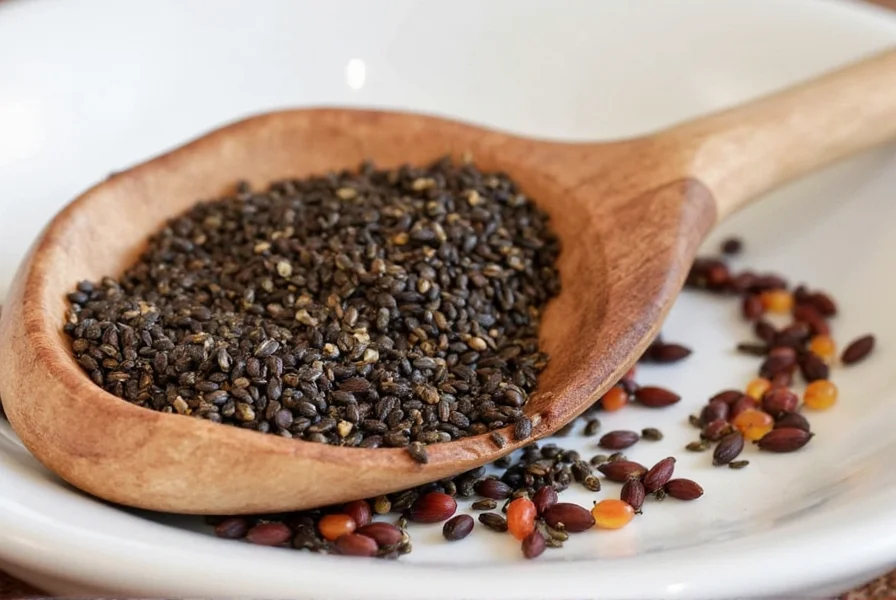
Unlike regular cumin or caraway seeds, which they can superficially resemble, black seeds have a slightly bitter, peppery flavor with hints of oregano and onion. They're commonly used in Indian, Middle Eastern, and Mediterranean dishes and are gaining popularity worldwide for both their unique taste and wellness properties.
According to the National Institutes of Health (NIH), Nigella sativa has been studied for its potential health benefits, with research focusing on its active compound thymoquinone. The NIH states that while traditional use is extensive, more clinical trials are needed to confirm many health claims.
The Science-Backed Health Benefits of Black Seeds
Beyond their culinary charm, black seeds boast an impressive resume when it comes to health benefits, supported by scientific research:
- Rich in antioxidants: A 2021 study published in the Journal of Ethnopharmacology found that black seeds contain thymoquinone, a compound with potent antioxidant properties that helps fight oxidative stress and inflammation.
- Potential immune boosters: Research in the International Journal of Immunopathology and Pharmacology suggests compounds in black seeds may support immune function, particularly in respiratory conditions.
- May improve digestion: According to a 2020 review in Phytotherapy Research, black seeds have shown potential for improving digestive health, though more human studies are needed.
- Heart-friendly fats: Contain healthy fatty acids like linoleic acid and oleic acid, which may support cardiovascular health when consumed as part of a balanced diet.
Important note: While research is promising, most studies have been conducted on animals or in laboratory settings. Human clinical trials are limited, and black seeds should not replace medical treatment. Always consult your healthcare provider before using black seeds for medicinal purposes, especially if you have existing health conditions or take medications.
Top 10 Cooking Tips for Using Black Seeds
Ready to level up your spice game? Here are ten expert tips to help you unlock the full potential of black seeds in your cooking:
- Toast for maximum flavor: Dry roast them in a pan for 1–2 minutes until aromatic. Don't overdo it — they can turn bitter if scorched.
- Add early in cooking: Especially in curries or braises, so their earthy notes infuse the dish.
- Use in bread dough: Sprinkle on naan, bagels, or flatbreads before baking for a nutty finish.
- Make a tempering (tadka): Heat oil or ghee, add mustard seeds, garlic, and then toss in black seeds for a quick flavor boost.
- Grind into a paste: Mix with garlic, lemon juice, or yogurt for marinades or dips.
- Pair with citrus: The brightness of lemon or lime balances their slight bitterness beautifully.
- Try in pickling brines: Adds depth and complexity to homemade pickles or chutneys.
- Infuse oils or vinegars: Great for salad dressings or drizzling over roasted vegetables.
- Add to rice dishes: For example, biryanis or pilafs — toast them first, then sauté with onions before adding rice.
- Experiment with desserts: Believe it or not, a pinch adds intrigue to spiced cakes or cookies.
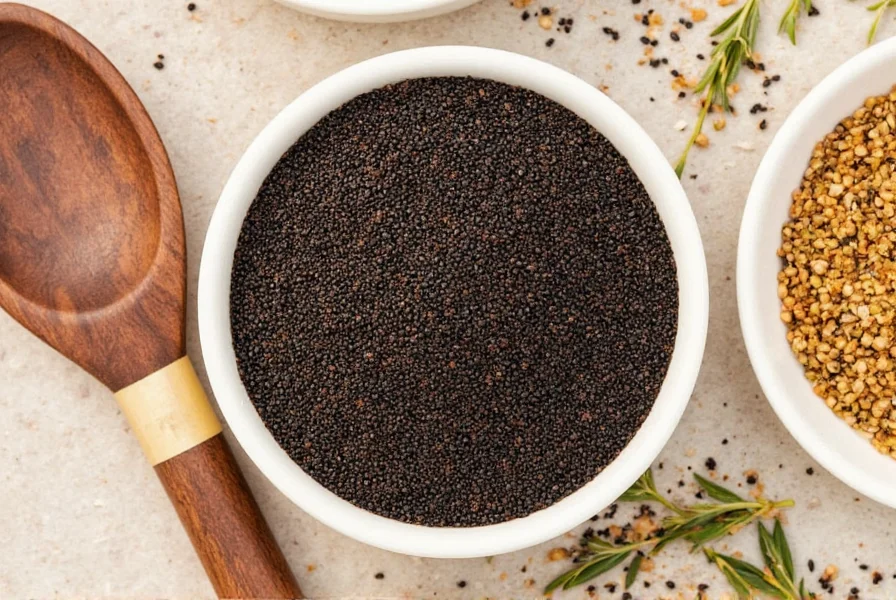
Buying Guide: Choosing the Best Black Seeds
Not all black seeds are created equal. Here's what to look for when selecting quality seeds for your pantry:
| Feature | Description | Recommended |
|---|---|---|
| Whole vs. Ground | Whole seeds last longer and retain more flavor. Ground versions are convenient but lose potency faster. | Whole seeds |
| Aroma | Fresh seeds should smell earthy and slightly sharp. Avoid musty or stale-smelling packages. | Strong, fresh scent |
| Color | True black seeds have a matte finish and aren't overly shiny. | Dark, dull black |
| Packaging | Sealed, opaque containers protect against light and moisture. | Vacuum sealed or airtight |
| Brand Reputation | Look for organic, non-GMO certifications and ethical sourcing claims. Third-party testing for purity is recommended. | Reputable brand or local market favorite |
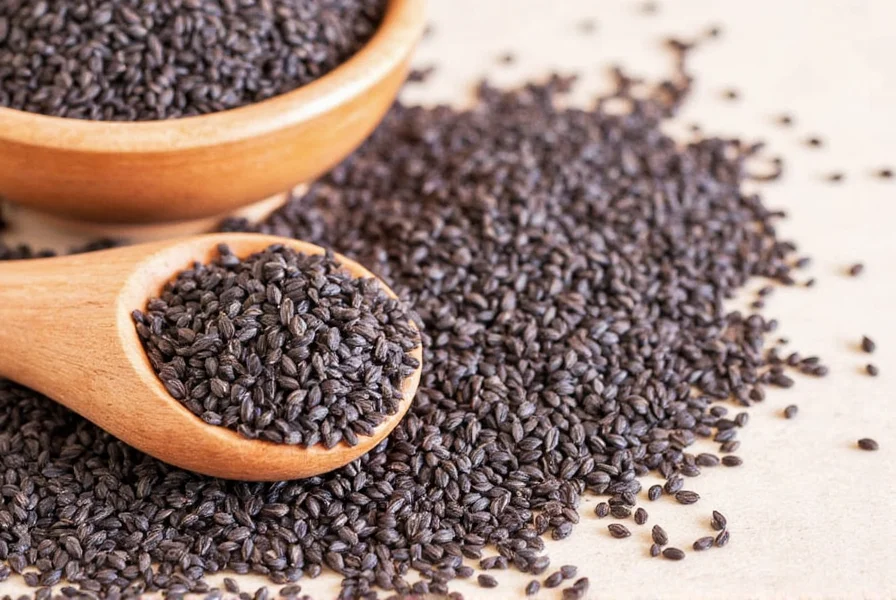
Top Recommended Brands
- SunOpta Organic Black Seeds – Ideal for those who prefer certified organic products. Perfect for vegans and clean eaters.
- Simply Organic Nigella Seeds – Sustainably sourced and highly aromatic. Great for everyday cooking and gift baskets.
- Al Wadi Al Akhdar Black Seeds – A premium choice favored by Middle Eastern chefs. Stronger flavor profile, suitable for advanced cooks.
Black Seeds vs. Similar Spices: A Flavor Face-Off
Black seeds often get confused with other small black seeds — here's how they stack up:
| Spice | Taste Profile | Best Use Case | Visual Comparison |
|---|---|---|---|
| Black Seeds (Nigella) | Earthy, peppery, faintly bitter | Curries, flatbreads, pickles | 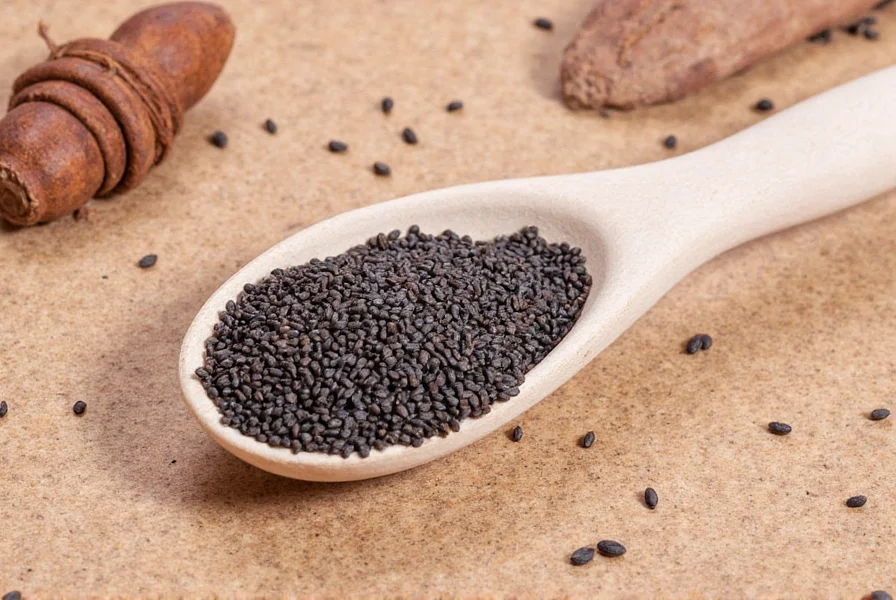 |
| Cumin Seeds | Warm, nutty, smoky | Mexican, Indian, North African dishes | 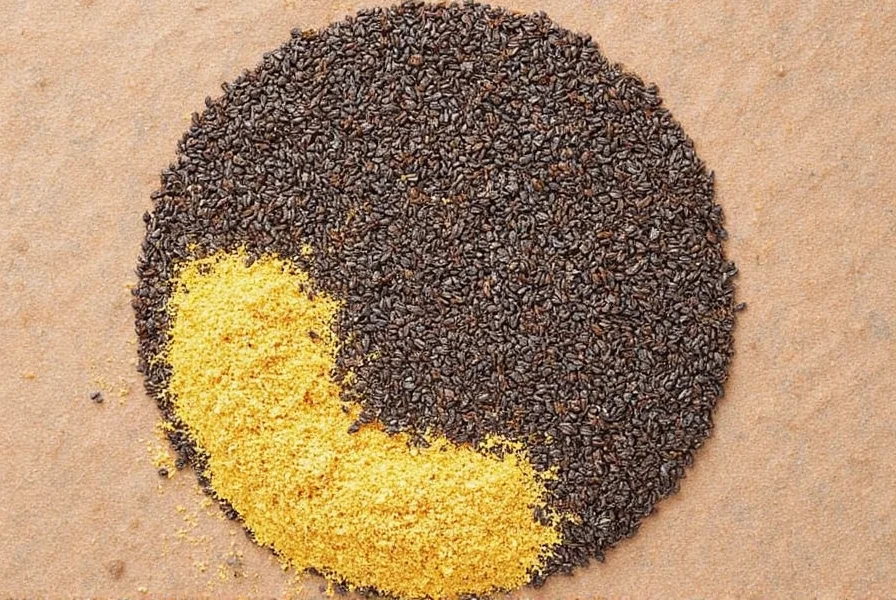 |
| Caraway Seeds | Sharp, licorice-like | Rye bread, German and Eastern European recipes | 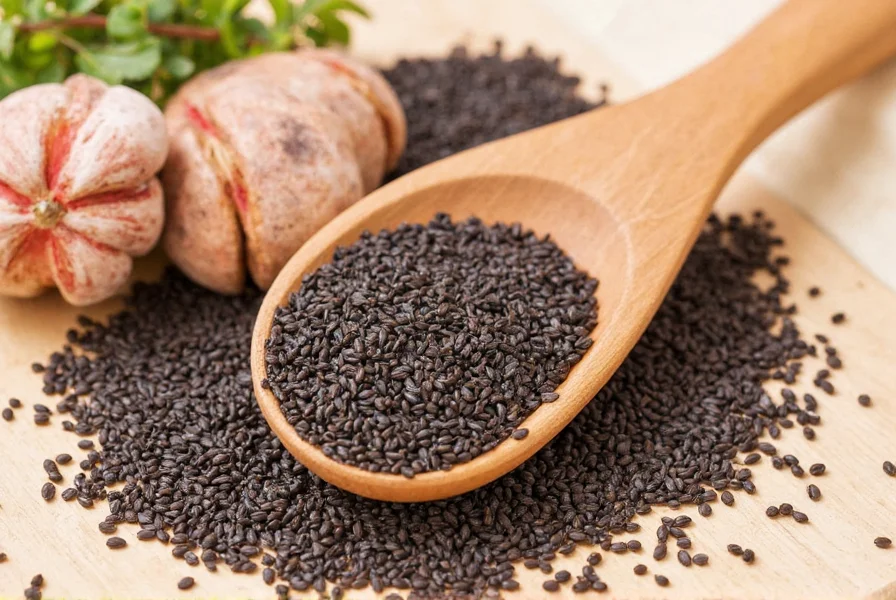 |
| Fennel Seeds | Sweet, anise-like | Desserts, Italian sausage, digestive teas | 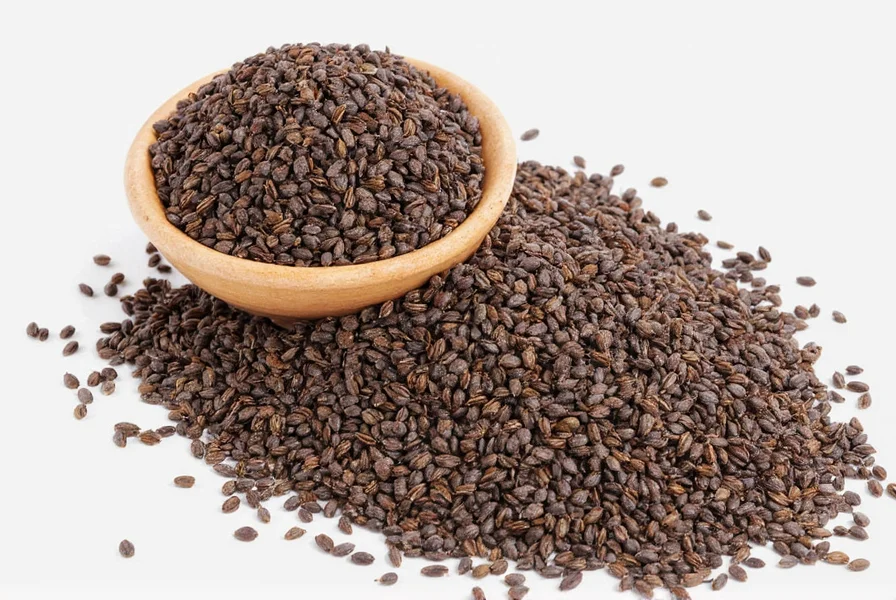 |
Creative Ways to Add Black Seeds to Everyday Dishes
Still unsure how to incorporate black seeds into your meals? Here are some easy and delicious ideas to try at home:
- Spiced Hummus: Add a teaspoon of ground black seeds to your next batch of hummus for a savory twist.
- Yogurt Parfait: Mix crushed black seeds into Greek yogurt with honey and granola for a crunchy breakfast topping.
- Roasted Veggie Drizzle: Infused black seed oil over roasted carrots or cauliflower — simple yet luxurious.
- Salad Dressing: Whisk black seed oil into vinaigrettes for a bold, herby punch.
- Stuffed Chicken: Combine with breadcrumbs, herbs, and garlic for a flavorful poultry stuffing.
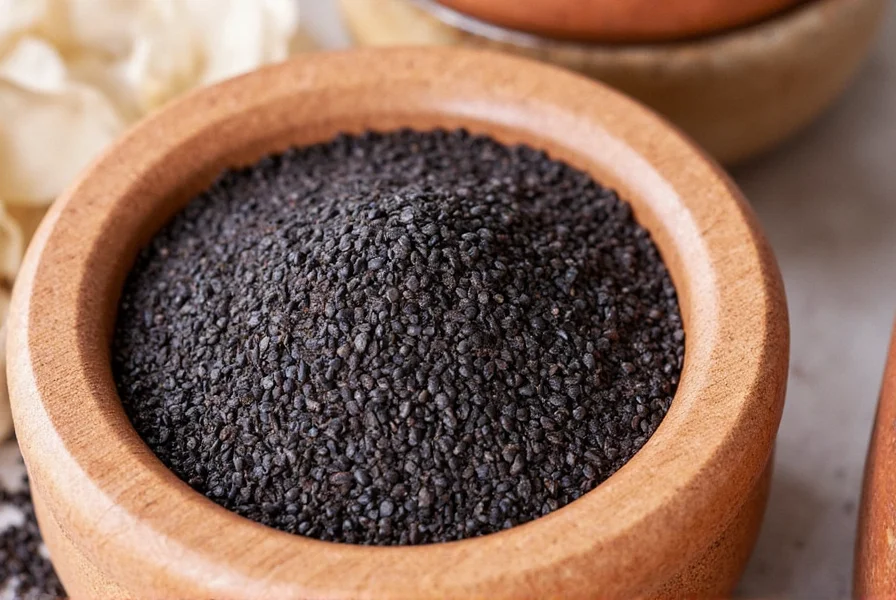
FAQs About Black Seeds
Are black seeds the same as sesame seeds?
No, black seeds (nigella) and sesame seeds come from different plants. Sesame seeds are oilier and sweeter, while black seeds have a more herbal, peppery flavor. According to the American Heart Association, sesame seeds contain more calcium, while black seeds have higher levels of thymoquinone, which is being studied for its potential health benefits.
Can I substitute black seeds in recipes?
You can try using cumin or caraway in a pinch, but note that the flavor will change significantly. For visual effect, black sesame seeds can work, though they're less bitter. The Culinary Institute of America recommends using black seeds only when the recipe specifically calls for them, as their unique flavor profile is difficult to replicate.
How should I store black seeds?
Keep them in an airtight container away from sunlight and moisture. Stored properly, whole seeds can last up to two years. The National Spice Association recommends storing spices in a cool, dark place to preserve their flavor and potency.
Can I eat black seeds raw?
Technically yes, but toasting enhances their aroma and reduces bitterness, making them more palatable and flavorful. The Mayo Clinic notes that raw black seeds may have a stronger, more bitter taste that some people find unpleasant.
Are there any side effects?
In normal culinary amounts, black seeds are safe. However, large medicinal doses may interact with medications. According to the National Institutes of Health, black seeds may interact with blood thinners, diabetes medications, and immunosuppressants. Always consult a healthcare provider if considering supplements.
What are black seeds good for?
Black seeds are versatile in both culinary and wellness applications. In cooking, they add an earthy, peppery flavor to breads, curries, pickles, and dressings. Health-wise, they're rich in antioxidants, may support immune function, and have traditionally been used to aid digestion. Many cultures have valued black seeds for thousands of years for both their flavor and potential health benefits. However, it's important to note that while research is promising, most health claims require more human clinical trials for confirmation.
Where can I buy black seeds?
You can find black seeds in most well-stocked grocery stores (typically in the spice aisle), Middle Eastern or Indian markets, health food stores, and online retailers. Look for them labeled as "Nigella sativa," "kalonji," or "black cumin." For best quality, choose whole seeds in airtight packaging from reputable spice brands. The American Herbal Products Association recommends looking for products that are third-party tested for purity and potency.
How much black seed should I use in cooking?
Black seeds have a strong flavor, so a little goes a long way. For most dishes, start with 1/4 to 1/2 teaspoon for every 4 servings. When using as a topping for breads or flatbreads, you can be more generous. Remember that toasting enhances their flavor, so you may need slightly less if using toasted seeds. Always taste as you go, as their bitter notes can become overpowering if used excessively. The Academy of Nutrition and Dietetics recommends starting with small amounts and gradually increasing to find your preferred flavor intensity.
Conclusion
Black seeds are far more than a trendy spice — they're a versatile, flavorful, and healthful addition to any kitchen. Whether you're a seasoned chef or a curious home cook, experimenting with black seeds opens the door to new flavors and wellness benefits. From toasting them in oil to sprinkling them on flatbreads, there's no shortage of ways to make these tiny powerhouses shine.
Now that you've got the inside scoop on black seeds, why not grab a jar and start spicing things up? Share your favorite black seed recipe in the comments below — let's get cooking!
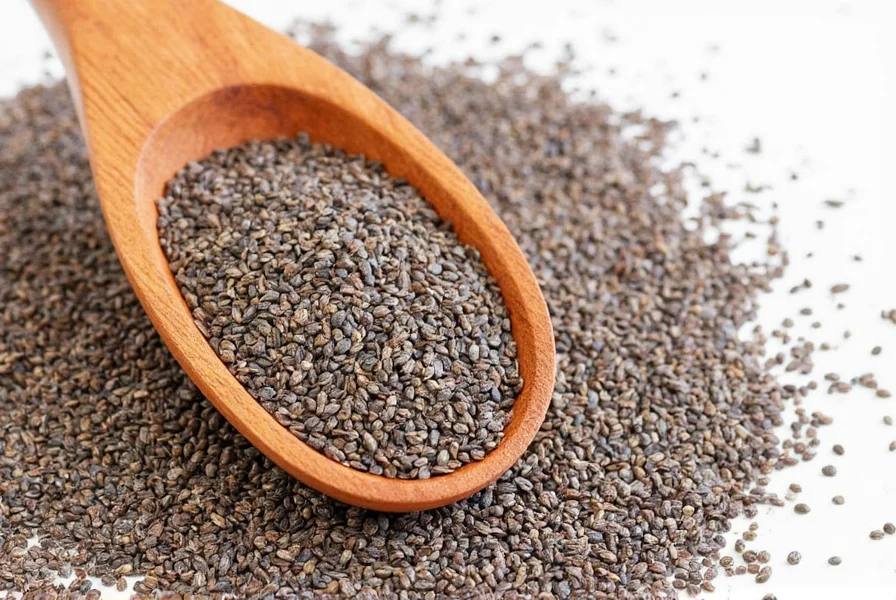
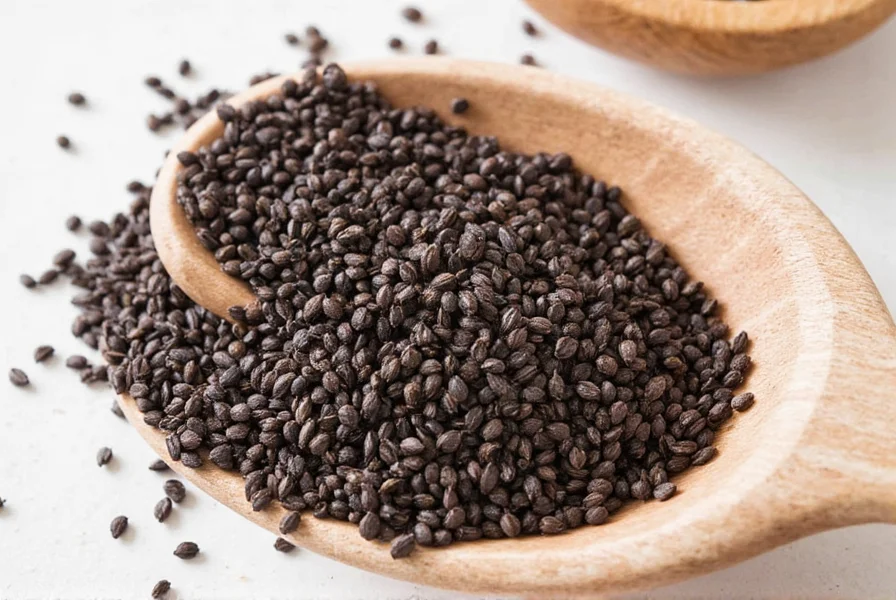

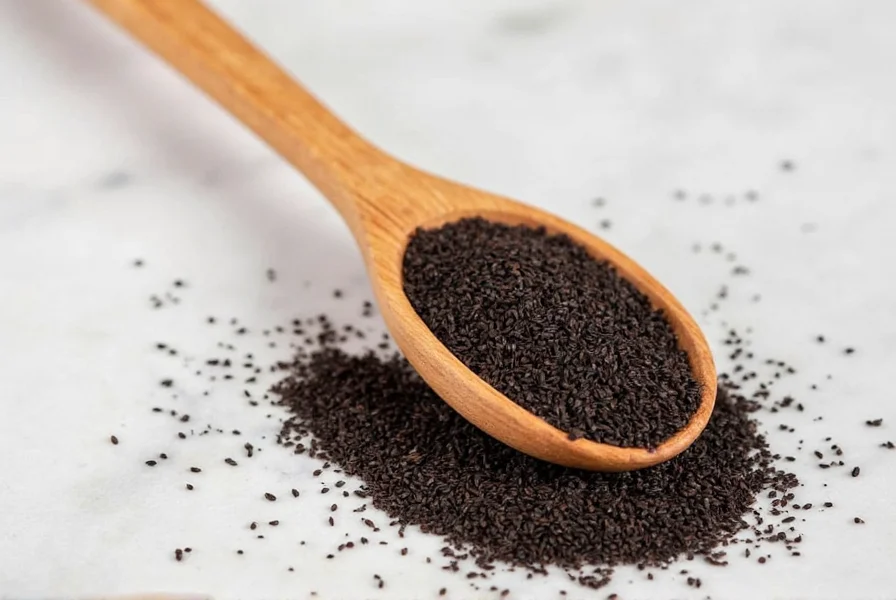









 浙公网安备
33010002000092号
浙公网安备
33010002000092号 浙B2-20120091-4
浙B2-20120091-4